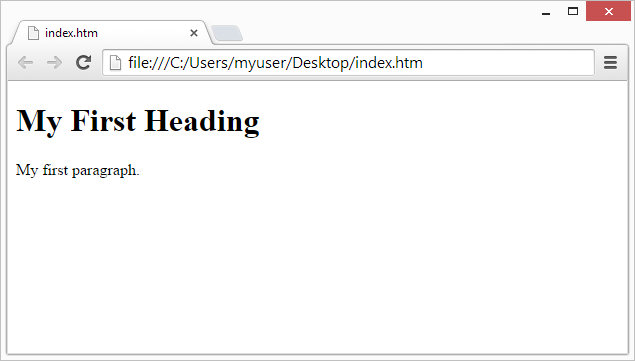Download free Elementor Extras WordPress plugin v1.9.8
Elementor Extras v1.9.8 is a WordPress plugin for Elementor extending its capability with seriously useful new widgets and extensions. With this plugin you can take advantage of the Posts Extra widget to show off your posts. Any layout and tons of functionalities and options at your fingertips.
More versions





